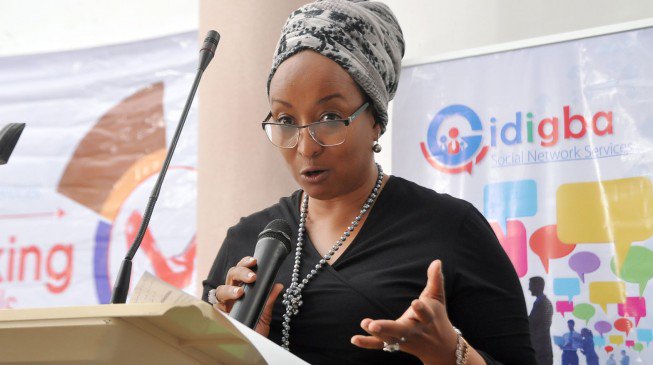The Federal Government has said a total of N470.8bn has been released for the implementation of the various social safety programme in the last three years.
The programme, which includes N-Power, Conditional Cash Transfers, National Home-Grown School Feeding and Government Enterprise and Empowerment Programmes, were designed to cater to the needs of the poor, vulnerable, unemployed and those at the bottom of the pyramid without access to finance.
Information from the National Social Investment Office revealed that out of the N500bn set aside for the implementation of the programme, about N470.8bn had been disbursed.
The breakdown shows that the sum of N79.98bn was released in 2016, while N140bn and N250.84bn were released in the 2017 and 2018 fiscal years respectively.
READ ALSO: Osinbajo jokes: “Thanks Saraki for not taking advantage of power vacuum”
For the N-Power programme, about 500,000 people spread across 774 Local Government Areas have been recruited to teach in public schools, act as health workers in primary health centres and as agriculture extension advisors to smallholder farmers in various communities.
Also, the National Home-Grown School Feeding Programme, which was aimed at providing one nutritious, balanced meal for 200 school days in a year, has been able to reach over 9.7 million pupils.
Through the Government Enterprise and Empowerment Programme, about 1,681,491 loans have been made available to successful applicants in all states and the Federal Capital Territory.
Commenting on the implementation of the social safety programme, the Senior Special Adviser to the President on Social Investments, Maryam Uwais, noted that, for the sustainability of the initiative, a bill that would institutionalise the Social Safety Intervention Programme had been drafted.
She said, “We have begun the journey; that is indeed a marathon, bearing in mind the needs and ambitions of this administration.
“A five-year road map has been designed and is being considered by relevant policymakers, while a bill creating a legal entity for the National Social Investment Programme is already drafted and receiving attention for sustainability.
“We need to actively explore the fiscal space for continued funding for the journey ahead. We are optimistic that we can overcome poverty in our lifetime, and improve on our human capital indices.
“It is only with political will, a concerted effort, the funding and the backing of Nigerians that we can enhance the conditions of our citizens.
“We just need to work closely with the states, the LGAs and communities, and provide the incentives for engagement with the standards and incentives offered by the Federal Government.”



Leave a Reply